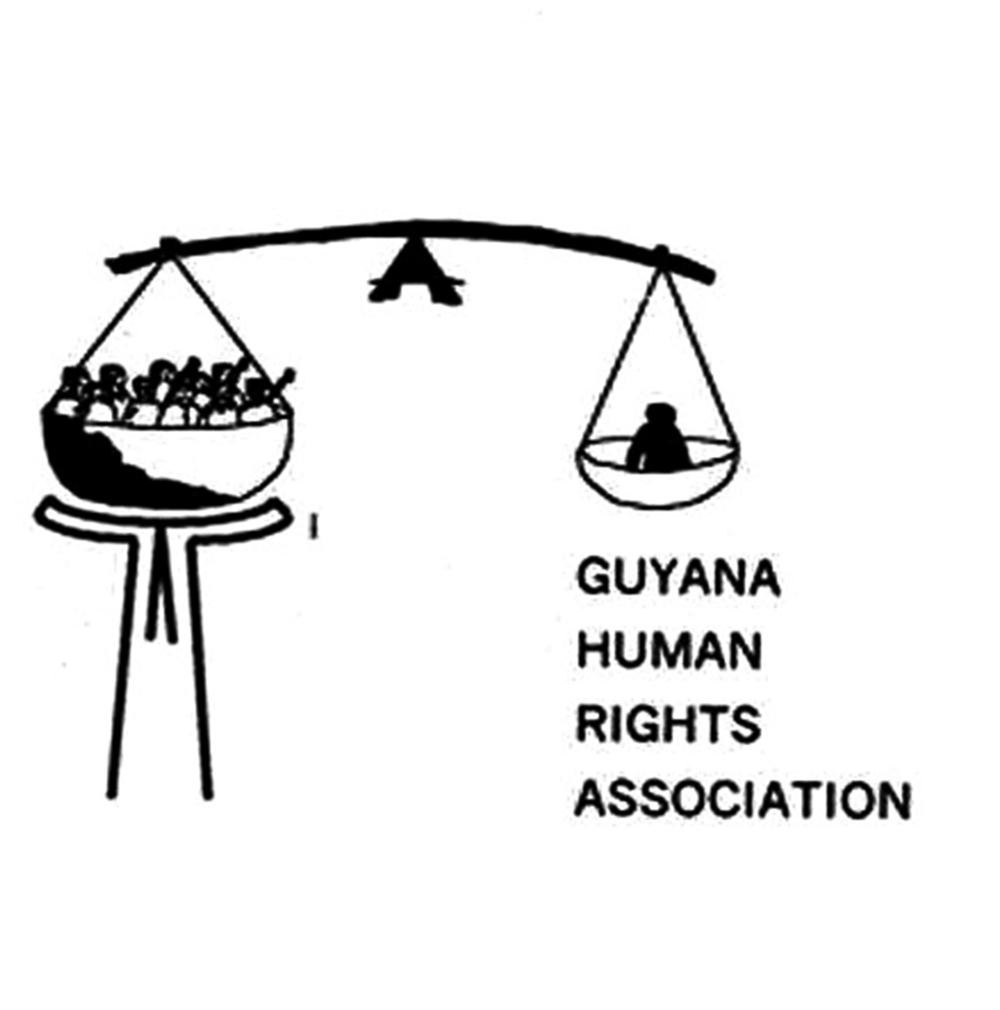Welcoming the inauguration of the Constitutional Reform Commission (CRC), the human rights body, GHRA yesterday said that its civic character must not be lost.
With the remaining CRC members having been sworn in last week, the Guyana Human Rights Association (GHRA) said that the inauguration of the body symbolizes the strengthening of mechanisms capable of shaping political, social and family life in Guyana.
Reservations about the method of selection or other limitations of the CRC process notwithstanding, the GHRA welcomed the CRC and wished it well.
It said that initiatives that enable people to make political decisions as directly as possible are to be welcomed.
“Voting in Guyanese national elections is as much symbolism as anyone needs in political life. National elections, for example, are symbolized by cups, trees and other paraphernalia rather than by names or photos of actual candidates, and financing of political activity is disguised in any number of fictions”, the human rights body said.
Apart from influencing the substantial issues involved, the GHRA said that the CRC enables opportunities for young people and civic organizations to develop political skills which are absent among the current crop of politicians.
An important early priority of the CRC, the GHRA said, should be to determine how the elected representatives of various sectors will engage with their nominating organizations and through them with the broader public.
“Without maintaining such links with the public, individual representatives will inevitably succumb to the polarizing tendencies of political parties which constitute 50% of the CRC membership. The GHRA is concerned that the civic character of the CRC must not be lost.
“One proposal might be for persons selected to hold regular meetings with the sectors they represent and for these meetings to be made public, so that ordinary people clearly know civic representatives’ positions and are provided with opportunities to interact with them”, the GHRA added.
It said that the establishment of the CRC is timely in light of the social tensions being fueled in Guyana by the uncritical embrace of what it described as an “extreme economic strategy”.
It added: “No country should be adopting this version of capitalism at the present time. Its hallmarks globally are poverty amidst superabundance, disproportionately harming the already worst-off people; forms of work that are alienating and demeaning and finally, a system that has produced the single most potent crisis humanity has ever faced, namely, the climate catastrophe”.
In this context, it said that Guyana is crying out for new ideas to replace the exhausted version of ‘prosperity’ that dominates official thinking.
“The CRC could serve as a platform to articulate alternative visions of human flourishing. The likelihood of this happening has to contend with official hyper-sensitivity over freedom of speech. While getting rid of the economic straight-jacket of ‘marxism-leninism’ from the Party’s constitution, the ruling party explicitly retained ‘democratic centralism’, i.e. the policy of dominant control of the State by the party in power. The profound deficit of democracy that capitalism currently entails in Guyana is rooted in this misguided policy”, the GHRA argued.
In spite of the discouraging context, the GHRA added that civic bodies should not use shrinking democratic space as an excuse for opting out of testing the usefulness of the CRC process.
“Deepening the democratization process entails making as much use as possible of limited opportunities, thereby expanding the space available. Boycotts and non-involvement in Guyanese politics are justifiable in far less circumstances than they are invoked. Politics is an activity and non-engagement is avoidance of activity”, it stated.










